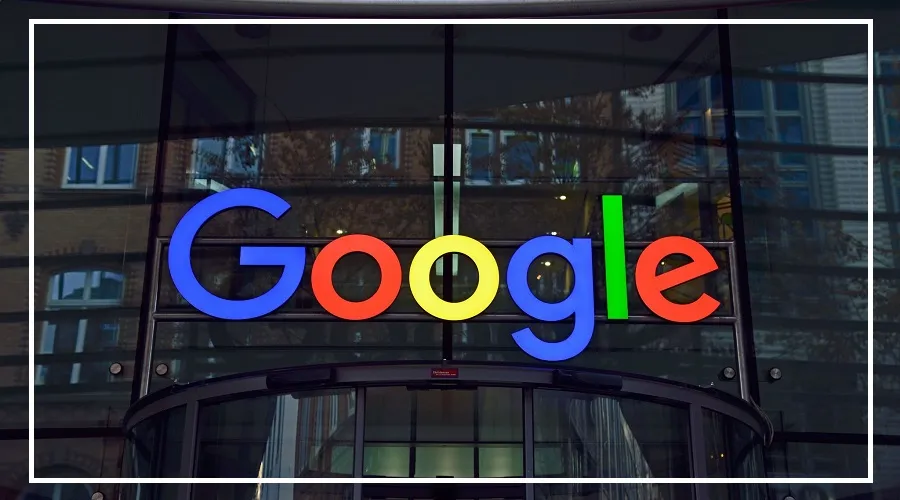Google has introduced a new cloud platform called Private AI Compute, designed to make its AI models smarter without compromising user privacy.
The company says this technology balances device security and cloud intelligence, allowing users to access advanced AI features while maintaining full control over their personal data.
This launch marks a big step for Google toward more private and transparent AI, especially as other tech giants like Apple are also exploring similar cloud-based AI systems.
What Is Private AI Compute and How Does It Work?
The new platform lets devices connect to Google’s most powerful Gemini AI models.
These models can perform heavy tasks such as summarizing recordings, offering context-based suggestions,
and managing smart features, all while keeping users’ private information safe.
According to Google, the system is built so that no one — not even Google itself — can access user data shared or processed through it.
Built on Secure Cloud Technology
Explaining how it works, Jay Yagnik, Google’s Vice President of AI Innovation and Research, said that Private AI Compute operates in a secure cloud environment powered by Google’s custom Tensor Processing Units (TPUs).
It uses encryption and remote attestation, ensuring that when a user’s device connects to the cloud, all data is processed in a completely protected manner.
This setup is further strengthened by Google’s Titanium Intelligence Enclaves (TIE) — a technology that blocks any external access, including from Google’s own engineers or advertisers.
Combining Device Privacy with Cloud Power
In the past, Google’s AI features like translation, audio summaries, and voice assistants ran directly on devices such as Pixel phones and Chromebooks.
While this offered strong privacy, it also limited computing power.
As AI models grow larger and more complex, running everything on-device isn’t practical anymore.
Private AI Compute solves this by shifting heavy processing to a secure cloud, giving users both on-device privacy and cloud-level performance.
New Possibilities for Google Devices
This technology will unlock new capabilities across Google’s ecosystem. For instance, the upcoming Pixel 10 will use Private AI Compute to improve the Magic Cue feature, which extracts information from apps like Gmail and Calendar to give context-based smart suggestions.
The Recorder app will also expand to support more languages for real-time transcription and additional features.
Google says, “This is just the beginning,” indicating that more AI-powered experiences will be introduced in the future.

























